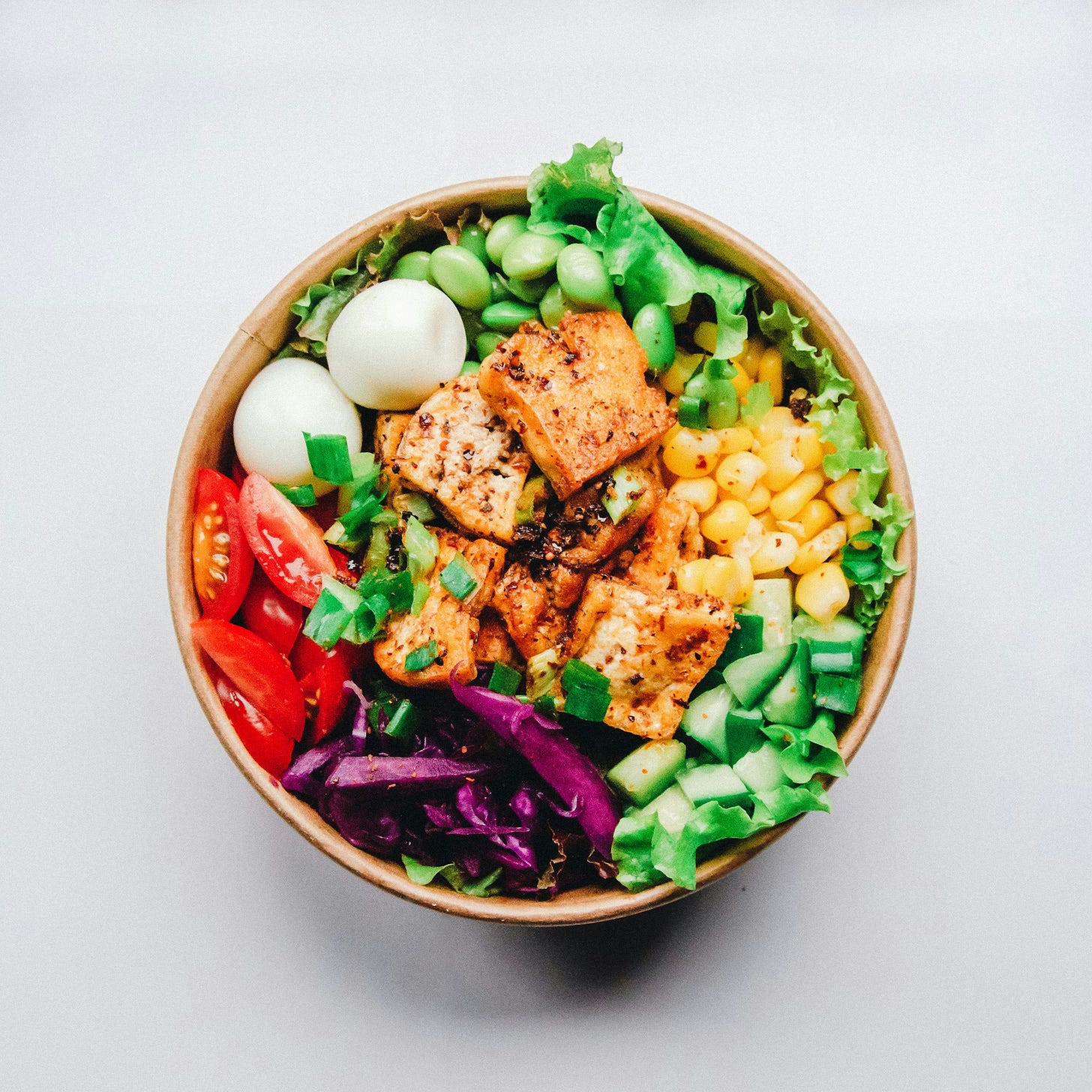How Much Is Too Much: Pesticides On Our Food

Is there anything more delicious than a sun-ripened tomato fresh off the vine?
The sweetness of corn on the cob thrown in hot water within minutes of harvest, roasted pumpkin, butternut squash, onions, garlic, and red bell peppers, and the glorious rainbow of fresh chard...
Contrary to what Saturday morning cartoons tell us, fresh garden vegetables are nutritious, delicious, and filling.
The food we eat plays a vital role in keeping our bodies healthy, so we must make good choices about what we put on our plates. Unfortunately, it can be challenging to do that when corporate powers provide the food we buy.
For them, profits matter more than the health of their customers. Mass production is more critical than safeguarding the environment.
To them, maximizing their harvest is well worth the price of poison.
Do you ever stop to think about what goes into the food we buy at the grocery store? I don't mean checking ingredient labels; that's a given. I mean, what goes into the soil? What's sprayed on fruits and vegetables before they get taken to the shop?
When you take the time to look into it, you find out it's not quite as idyllic as the agriculture companies want you to think.
For starters, you've probably noticed that organic produce is more expensive than the produce from your average factory farm. There are a few reasons for this, and a big part of it is that organic vegetables and fruit are more challenging to grow. It takes more work to keep the plants adequately fed and pest-free.
It's a lot easier and cheaper to dump toxic chemicals over them and let that keep the insects and weeds away.
Pesticides and weed killers are commonly used in agriculture to increase crop yields. Dozens of different chemicals are used for this purpose, and many of them are dangerous for humans to varying degrees.
Pesticide residues in food
Thankfully, it's not currently legal to use the nastiest pesticides, known as 'genotoxins,' in food production.
These toxins are known to cause genetic damage, much like radiation does. This increases the risks of everything from mutation to cancer, so they are understandably considered too risky to risk contaminating the food supply.
Unfortunately, other hazardous chemicals are still regularly used in agriculture.
Today, the three main forms of synthetic chemicals used in agriculture are pesticides, herbicides, and chemical fertilizers. They are used to prevent insect damage, control the spread of weeds, and add nutrients to the soil to increase crop growth.
These include a range of potentially harmful ingredients such as nitrates, dioxins and organophosphates.
Generally, when the level of exposure to these chemicals is low enough, they are considered safe for human consumption. Whether we agree with that assessment is another matter, though.
I'm not personally a huge fan of having poison sprayed on my food. Especially not when that poison, in high enough concentrations, is strongly suspected to cause cancer.
Weed killer: Glyphosate and cancer risk
I don't write all of this to fearmonger. I still buy vegetables and fruit from the grocery store, and I'm not out here terrified that I'll get sick from chowing down on a cucumber.
However, I think it's important to stay informed about where our food comes from and what we might be ingesting when we bring it home. We should also make a habit of washing our produce, checking regulations, and paying attention to recalls.
If the people working on those farms are at an increased risk for cancer and acute poisoning from the things they're spraying on our food, then I think it's worth taking a second to consider whether it's worth risking our health.
Taking a Closer Look at Farmworkers and Cancer
Homegrown, organic vegetables taste better anyway. If you can grow your own, so much the better! If you can't, it might be worth doing a little research into local farms or markets where organic vegetables might be available.
It might not be possible for everyone simply because organic tends to be more expensive, and it does suck. Like I said, I'm one of the people who can't regularly afford it.
So, for the sake of our pocketbooks and health, perhaps we should simply write to our representatives and demand a review of the regulations surrounding food production.
Public pressure can work.
Demanding an independent, peer-reviewed study of the potential risks to human health and our environment is a good starting point. Another great step would be to remove agriculture lobbying money from the government.
For-profit enterprises can be a gigantic problem when our basic necessities become too expensive. The food we eat is so incredibly important for our physical well-being!
At the very least, it never hurts to have more information to confirm that the produce we buy is truly, genuinely safe to eat.
Solidarity wins.



